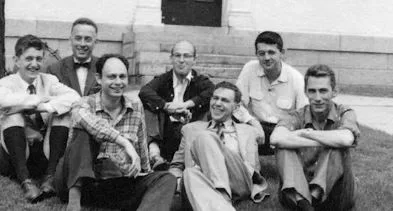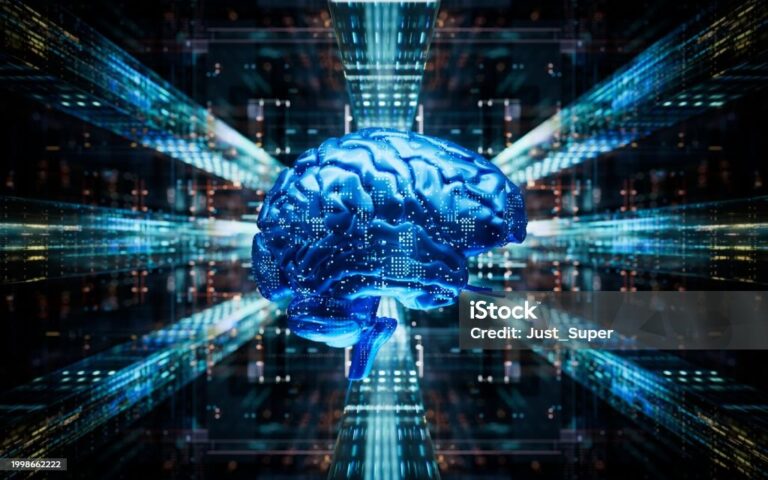
Exploring the History of Artificial Intelligence
We will delve into the fascinating journey of AI, from its earliest roots to its modern applications and future potential.
the roots of AI: From Ancient Myths to Early Computer Science
Ancient Myths
Ancient myths and folklore often featured artificial beings, like the Golem of Jewish mythology or the mechanical servants of the Greek god Hephaestus.
The history of artificial intelligence (AI) is a fascinating journey that traces the evolution of machines designed to emulate human intelligence. The concept of AI dates back to ancient times, with myths and stories of automatons and intelligent beings crafted by human hands
Early Computer Science
The groundwork for AI was laid by pioneers like Alan Turing, who envisioned machines that could mimic human intelligence.

Alan Turing
The Birth of Artificial Intelligence: Milestones in the 1950s

1. Dartmouth Conference
This seminal conference coined the term “artificial intelligence” and set the stage for a new field of research.

Modern AI began to take shape in the mid-20th century. In 1956, the term “artificial intelligence” was coined at the Dartmouth Conference, where pioneers like John McCarthy and Marvin Minsky gathered to discuss the potential of creating machines that could think and learn like humans.
2. Early AI Programs
Programs like the Logic Theorist and the General Problem Solver demonstrated the potential of AI for solving complex problems
3. Research Funding
The U.S. government poured significant resources into AI research, fueling rapid advancements in the field.
The AI Winter and Resurgence: Challenges and Breakthroughs

AI Winter
During the 1970s, AI research faced a period of stagnation due to limited computing power and unrealistic expectations.
In the decades that followed, AI research saw both significant advancements and periods of stagnation, often termed “AI winters,” due to the high expectations that surpassed technological capabilities.
Resurgence
The 1980s and 90s saw a resurgence with the advent of expert systems—programs designed to mimic the decision-making ability of a human expert.
The Modern Era of AI:
The real breakthrough, however, came in the 21st century with the development of machine learning and deep learning techniques. These approaches, powered by vast amounts of data and increased computational power, have enabled AI to excel in tasks like image and speech recognition, language processing, and even complex problem-solving.
Today, AI is an integral part of our daily lives, from virtual assistants like Siri and Alexa to advanced data analytics in various industries. The field continues to evolve rapidly, raising questions about ethics, employment, and the future relationship between humans and intelligent machines. As AI technology progresses, it promises to reshape society in ways we are only beginning to understand.
AI Applications in the Real World: Successes and Limitations


Automation
AI automates tasks in industries such as manufacturing, finance, and healthcare.

Natural Language Processing
AI enables chatbots, voice assistants, and other forms of communication between humans and machines.

Self-Driving Vehicles
AI is revolutionizing transportation with autonomous cars and trucks.
The Future of AI: Toward Artificial General Intelligence

As AI continues to evolve, we can expect breakthroughs in areas like artificial general intelligence, which would enable machines to perform tasks that require human-level understanding and reasoning.

